Subtle inflaton interactions may reshape our understanding of cosmic inflation, altering predictions about dark matter, black holes, and gravitational waves.


Subtle inflaton interactions may reshape our understanding of cosmic inflation, altering predictions about dark matter, black holes, and gravitational waves.
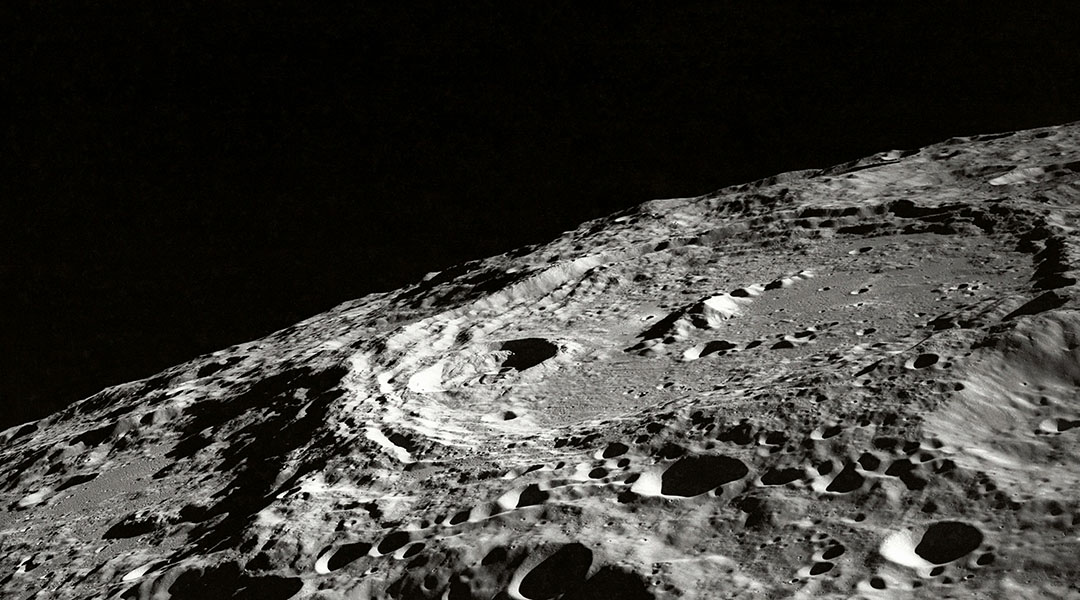
Making solar panels on the Moon could be the solution to reliably providing energy to lunar settlements.

A new machine learning algorithm that can rapidly pinpoint the location of a neutron star merger using gravitational wave signals alone.
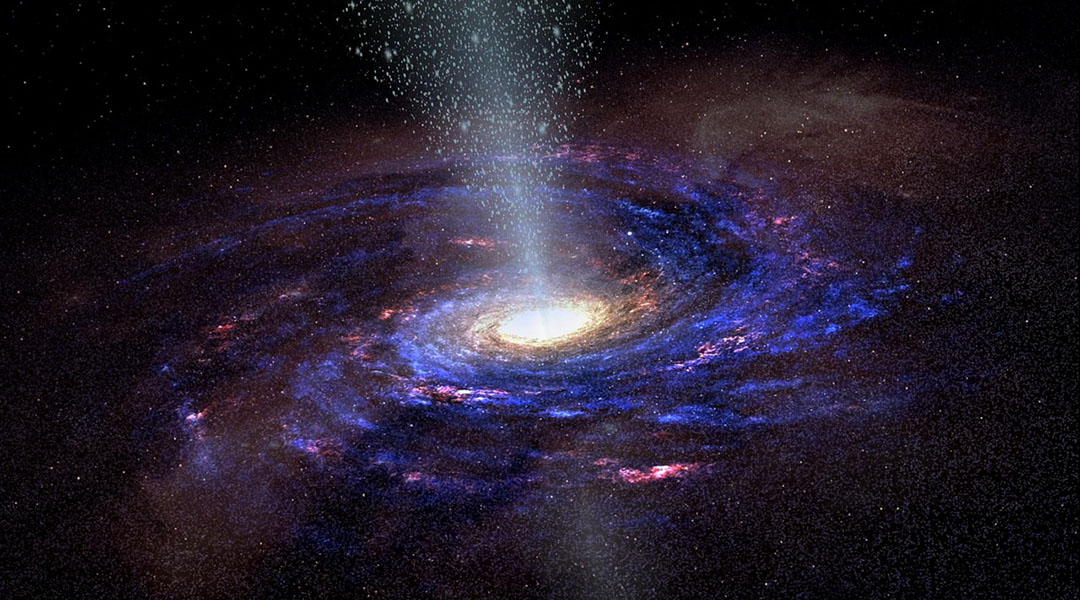
Dark matter could be composed of much lighter particles, with masses roughly ten times smaller than that of a proton.
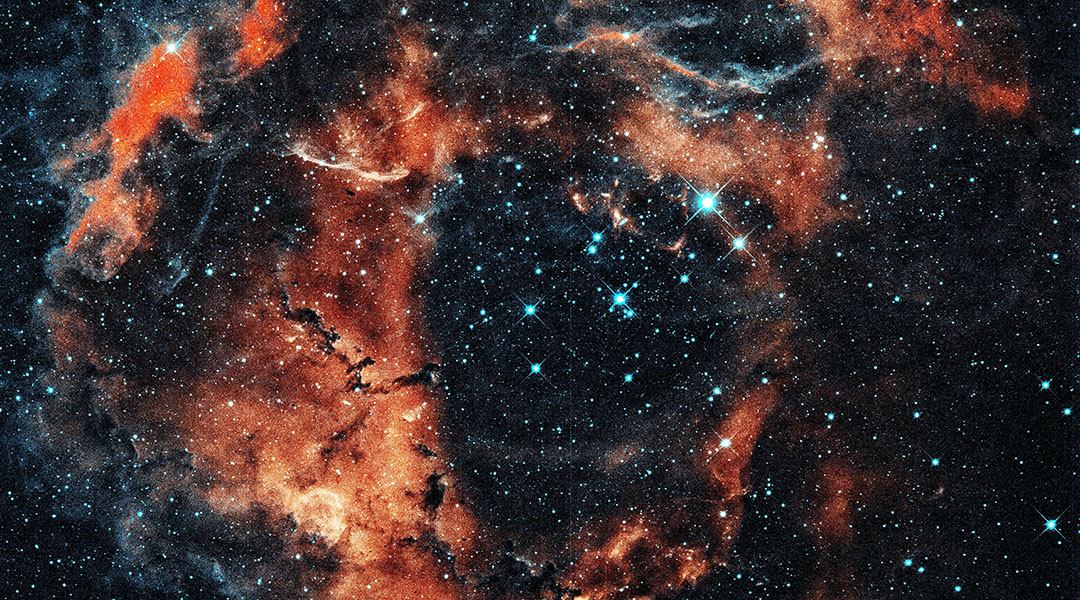
Computer simulations show that water likely appeared in the Universe much earlier than previously thought.
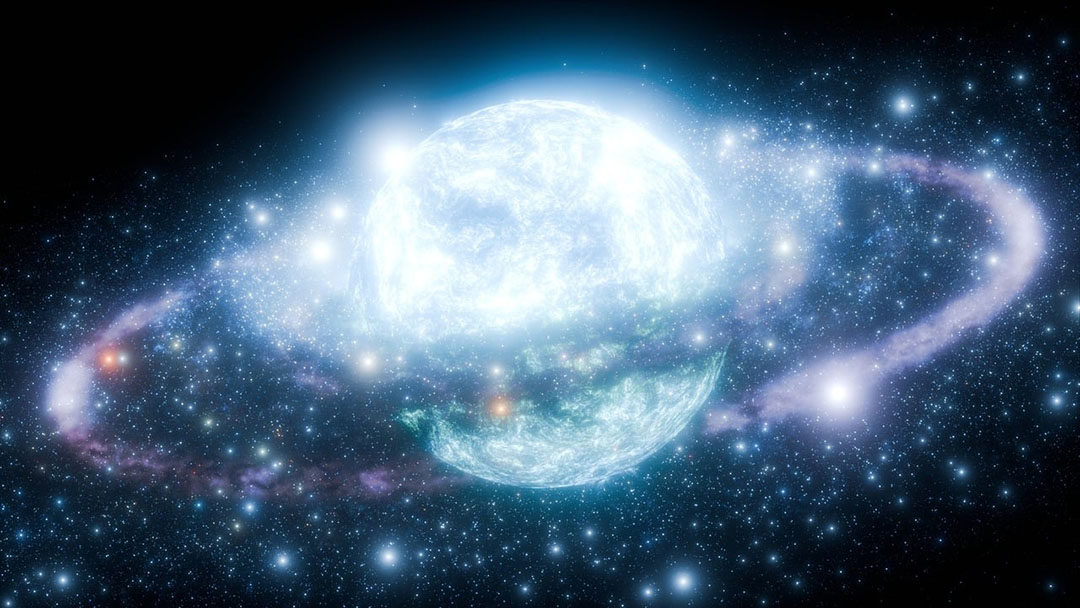
Scientists figure out how different factors, like temperature, density, and pressure, relate to each other in the matter inside neutron stars.
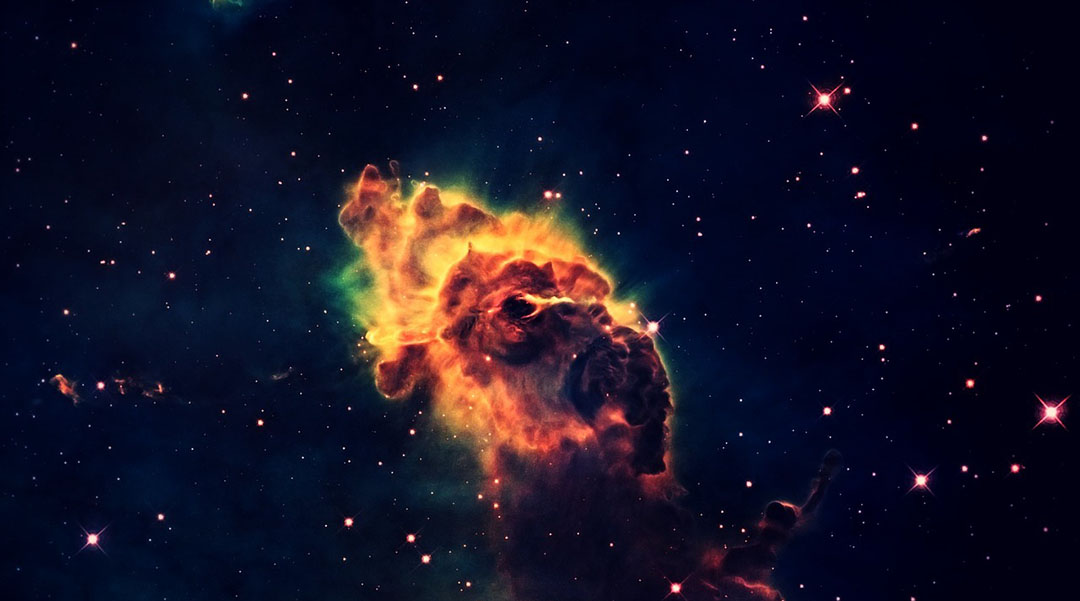
New high-resolution X-ray data reveal that turbulent gas motion, not just black hole activity, prevents star formation in cluster cores.
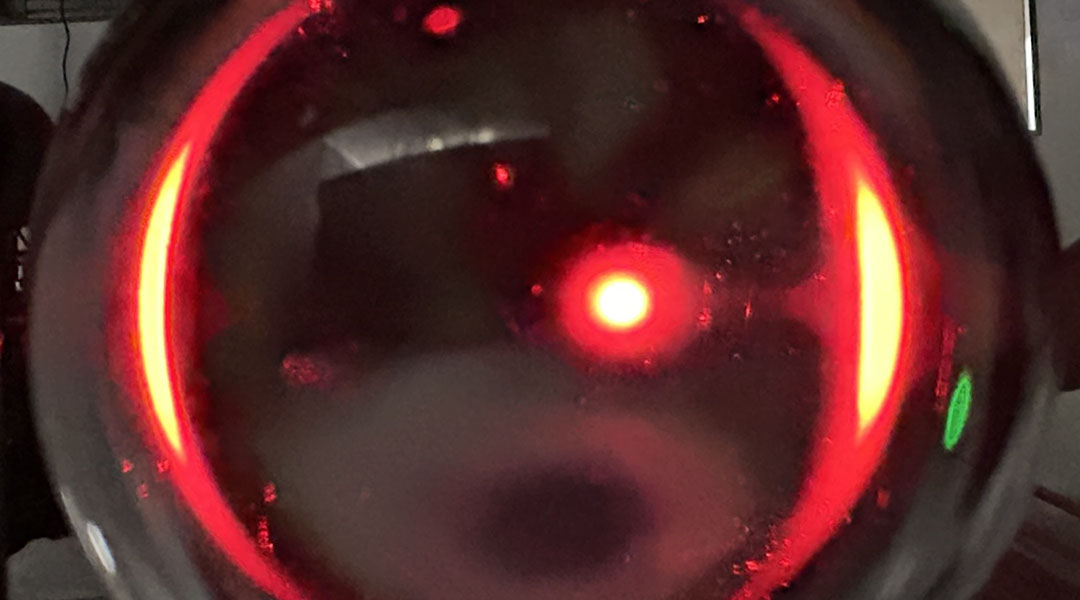
Lenses help researchers mimic the way massive cosmic objects bend light—bringing the elusive effects of gravitational lensing to Earth.
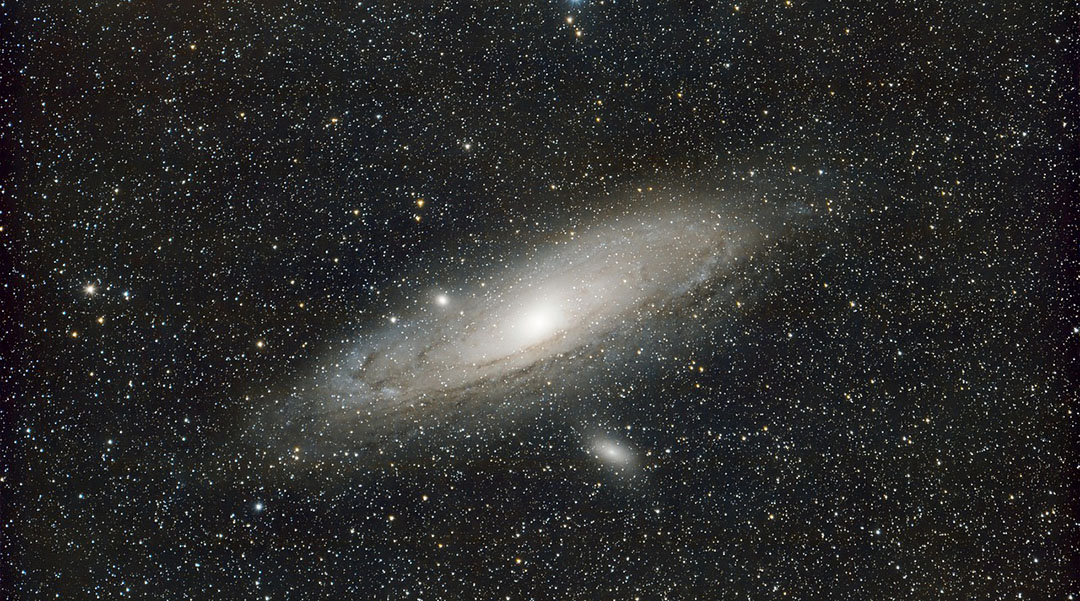
New observations suggest elongated gas filaments that stretch into space may be feeding supermassive black holes.
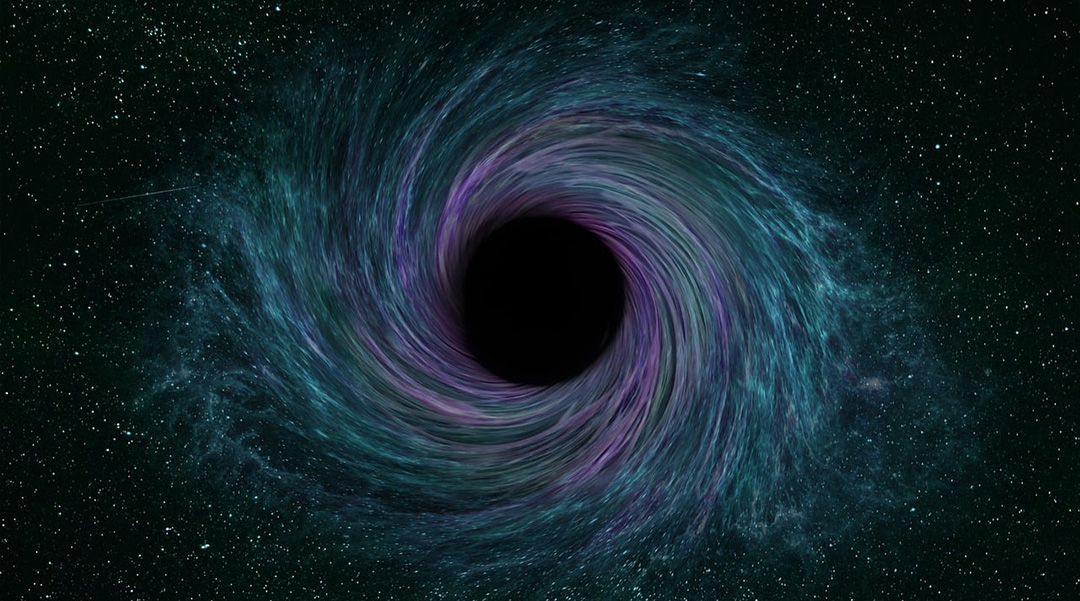
Linking string theory with observations, frozen stars shed new light on black holes and the clash between quantum mechanics and relativity.